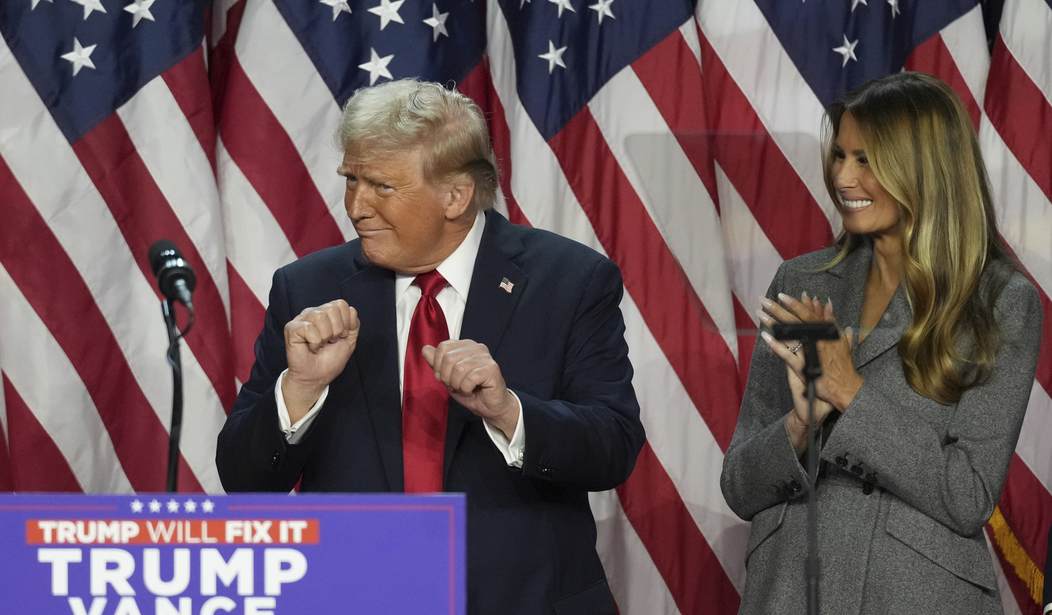If any constitutional amendment can be hated, it would be the 16th Amendment.
Passed by Congress in 1909 and ratified by the states in 1913, it allowed Congress to "levy income taxes without apportioning them among the states based on population." At first the collection of revenue came from the very wealthy and in a small percentage, but World Wars I and II put the country in debt and Congress, using the power given to it by the 16th Amendment, began spreading the burden around until we arrived at our present moment when half the country and corporations are paying taxes (when state, local and other taxes are included, that amounts to more than half their income in states like California and New York). Half the people pay little or no federal income tax at all.
President-elect Trump and Elon Musk, whom Trump has asked to reform our broken tax and spending system that has resulted in a $36 trillion debt, have a rare opportunity. With all three branches of government under Republican control, Trump and Musk should simultaneously address the debt, including the size and cost of government, and also the way we collect taxes.
On that latter point, Trump and Musk might take another look at a proposal by magazine publisher Steve Forbes. He called it "the flat tax."
In 1996 and 2000 when he ran for president, Forbes published a detailed proposal for reforming the annoying, and for many incomprehensible, federal taxation system. At the heart of his plan was reconstructing Social Security while saving it for future generations.
In an essay for Americans for Tax Reform, Forbes wrote that under his plan "the current Social Security benefits of every American 55 and older will be fully protected - no benefit cuts, no tax increases, no more raiding the Social Security Trust Fund."
At the time Democrats criticized the plan because it allowed people to put a small percentage of their income into the stock market, which they said was unreliable. Anyone checked the record high market lately?
Recommended
Younger workers would have freedom of choice (a phrase Democrats like when it comes to abortion, but oppose if it involves schools and the stock market). Workers could choose a new retirement system Forbes called Personal Retirement Accounts (PRAs).
Under his calculation, in 1999, younger workers could deposit 4 percentage points of their Social Security taxes into their own PRAs and increased their contributions as follows:
In 2003 - 5 percentage points.
In 2004 - 6 percentage points.
In 2005 - 7 percentage points.
In 2006 - 8 percentage points.
Forbes wrote that if his idea had been adopted, a single working mother who was 25 in 2000 and retires in 2040 could have earned a nest egg of $1.2 million in her PRA. She could then purchase an annuity that pays her$100,000 annually, nearly twice as much as she would receive under Social Security. A high school graduate who was 18 in 2000, Forbes wrote, and retires in 2040, would have a nest egg of $2 million.
Among the reasons Democrats have refused to reform Social Security and Medicare, both of which are projected to become insolvent in the 2030s without reforms, is politics. If they solve the problem, they lose the issue.
Trump and Musk should revisit the Forbes flat tax plan and update it as necessary while they have the power. Doing so would have a lasting and beneficial effect on every citizen.
Congress has made many mistakes in the past and the 16th Amendment was among the biggest. A unified Republican government now has an opportunity to undo the damage if they have the nerve and can take the heat.

























Join the conversation as a VIP Member